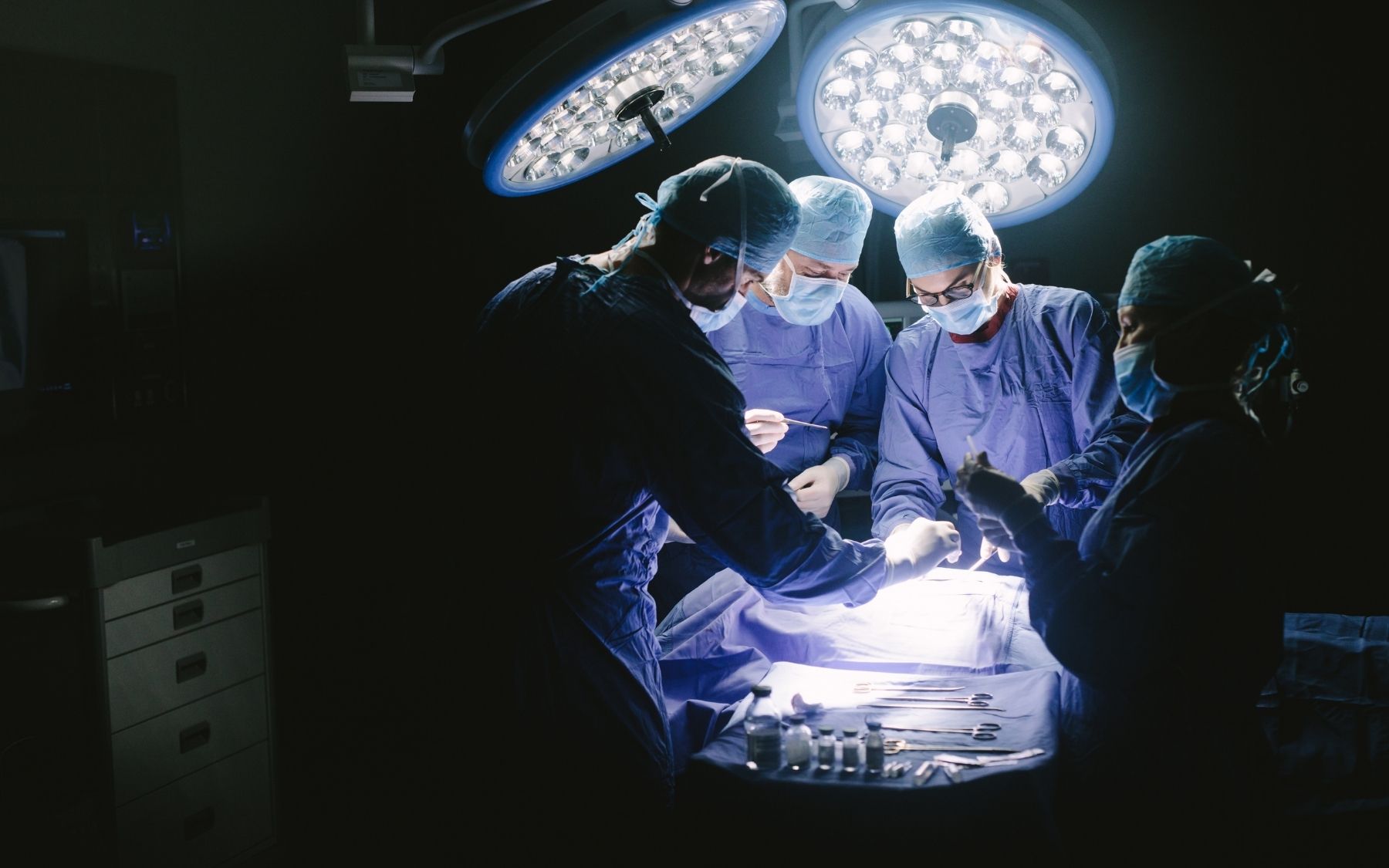
Male Slings
A male sling is really only appropriate for patients that use only one or two incontinence pads per day. For more severe male urinary incontinence, the artificial urinary sphincter is placed.
Male slings
The male sling procedure was developed to help men with urinary incontinence due to sphincter weakness or insufficiency in the setting of prior pelvic surgery including post-TURP (transurethral resection of the prostate) and post-radical prostatectomy.
One of the advantages of the male sling is that it can be performed with a fairly short recovery and minimal complications, and requires only a small incision in the groin (between scrotum base and the anus). Most patients have their catheters stay in overnight, and are discharged the next day catheter-free.
Pre-operative Investigations and Preparation
Following consultation in the outpatient department, you will be asked to complete a 24-hour pad diary as well undergo urodynamic testing. The latter is a 20-minute test and involves passing a catheter tube into the bladder and measuring bladder pressures during filling and emptying. A cystoscopy (a look inside the bladder with a fine telescope) is also usually required, and all patients are required to attend the hospital for pre-assessment - routine pre-operative checks such as blood tests etc.
The Operation
You will be admitted to the ward on the day of surgery, and seen by your allocated nurse, anaesthetist and London Men's Clinic Urologist.
The operation is usually carried out under a general anaesthetic and takes approximately 45 minutes. An incision is made in the skin of the perineum (the area between the scrotum and anus), and the urethra (water-pipe) identified. A synthetic mesh-like surgical tape is sutured onto the urethra, and passed out through two very small holes made in the groin skin-creases – one on either side. This is then pulled through to compress the urethra and lift it into a new position. The incision is closed with dissolvable sutures (stitches) and a catheter tube placed in the bladder to drain the urine overnight.
After the operation
You will remain in hospital overnight and the catheter will be removed the next morning. Pain in the immediate post-operative period is controlled by regular strong analgesics (pain-killers) such as morphine. The pain usually subsides quickly and once you have passed urine you can be discharged from hospital with standard tablet analgesics such as Paracetamol, Ibuprofen and codeine.
The key post-operative instruction is to keep your legs together for the first 3 weeks, until healing has occurred and the sling embedded in position. Failure to do so may dislodge the sling and cause the procedure to fail. Examples of when this is particularly important are: walking up stairs, getting out of the car etc. Your legs should be kept as parallel as possible, as much as possible.
Complications
Complications are unusual but may occur. They include prolonged bleeding from the wound, blood clot, infection of the mesh or surrounding area, temporary inability to pass urine necessitating the catheter to remain for a week, or recurrent leakage (see success rate below). Very rarely there may be nerve-related injury or irritation resulting in a numb patch or pain, which usually resolves slowly. The normal pattern and feeling of passing urine may not return for a few weeks after surgery.
Success rate
Our success rates are is very similar to the results published in the medical literature, with approximately 60% or patients pad-free at 1 year, and 93% either pad-free or using one pad a day.
The male sling has now been used for over 8 years, and reports of injuries or erosions into the urethra are extremely rare.
Studies are ongoing comparing the efficacy of the male sling in comparison with the artificial urinary sphincter.
Watch our video on choosing a solution for post-prostatectomy incontinence:
At London Men's Clinic we ensure that you are provided with an expert service in order to minimise complications.
All patients are discussed within the team prior to surgery and fully counselled to ensure that the surgery is appropriate and that patients have expectations fully met.

Urethral Strictures
Learn More

Urethroplasty
Learn More

Urethrotomy/Urethral Dilatation
Learn More

Incontinence
Learn More

Artificial Urinary Sphincter
Learn More
London Men's Clinic, 16 Devonshire Street, London W1G 7AF
E: info@london-mens-clinic.com
P: 0207 1013 456
Give us a call, send us an enquiry or drop us an email, we endeavour to answer all enquiries within 24 hours on business days.
Clinic days - Monday to Saturday.
Clinic times - 9am till 6pm
